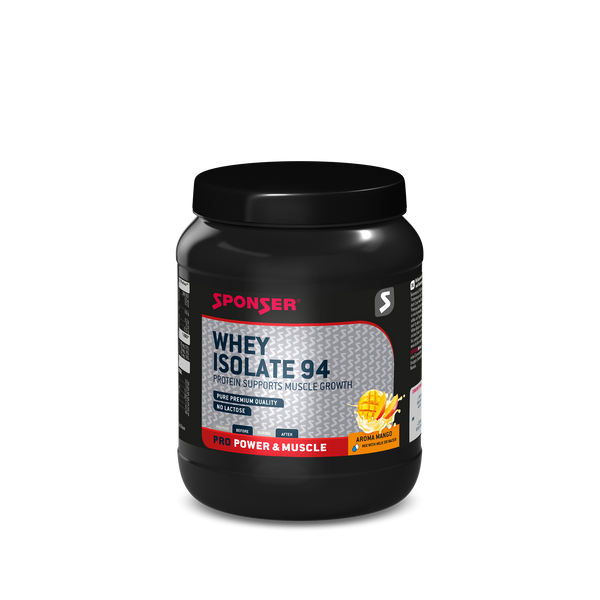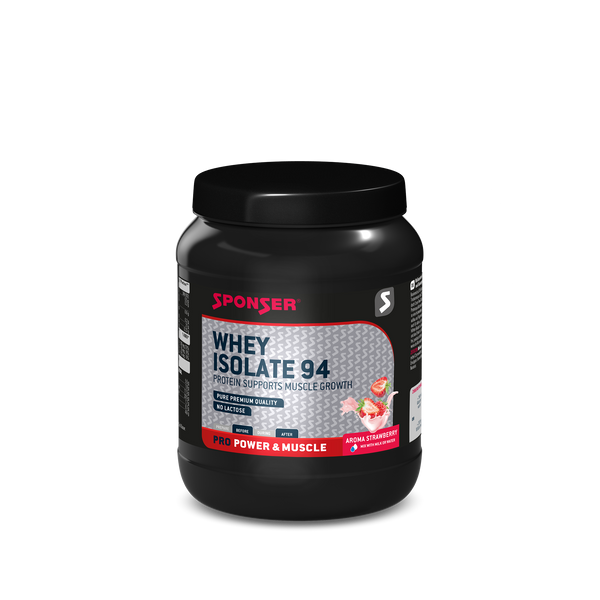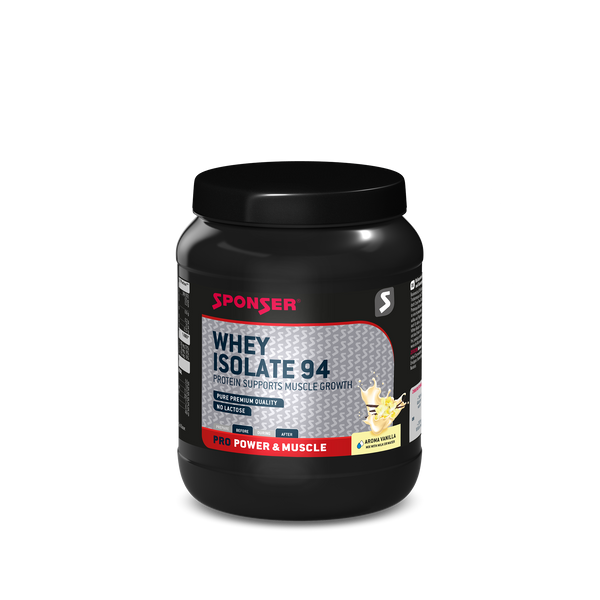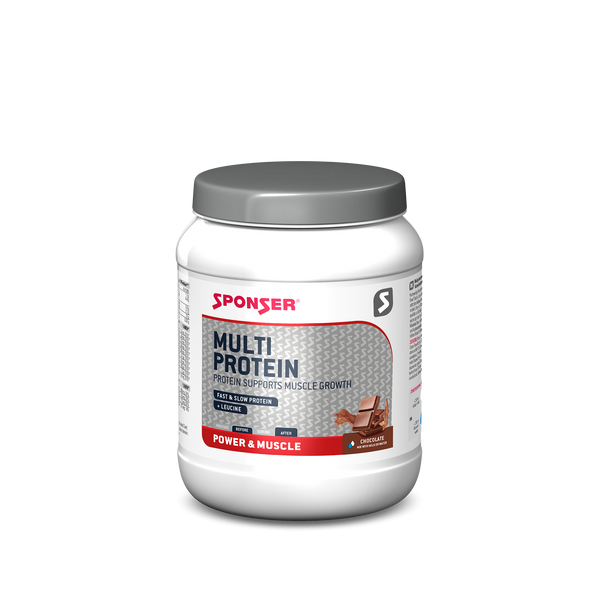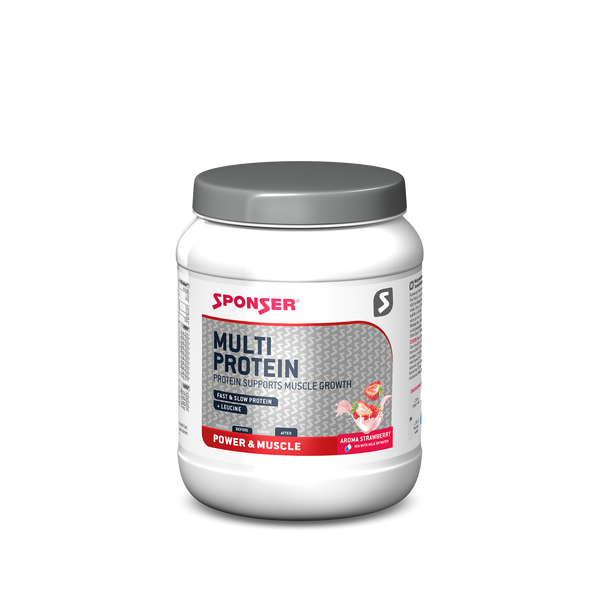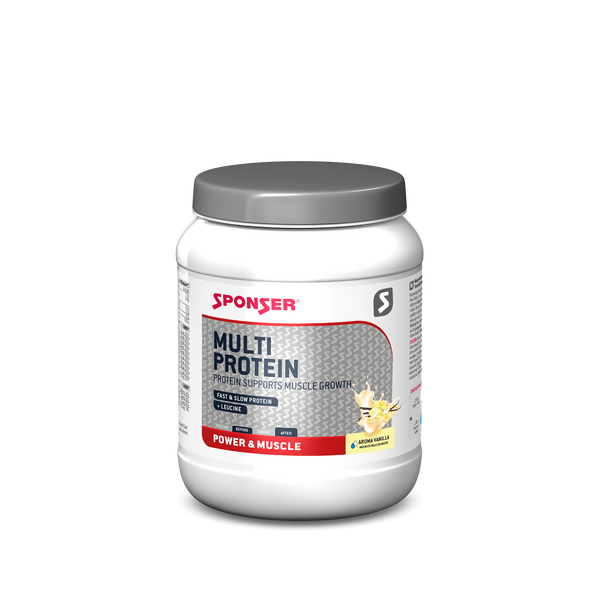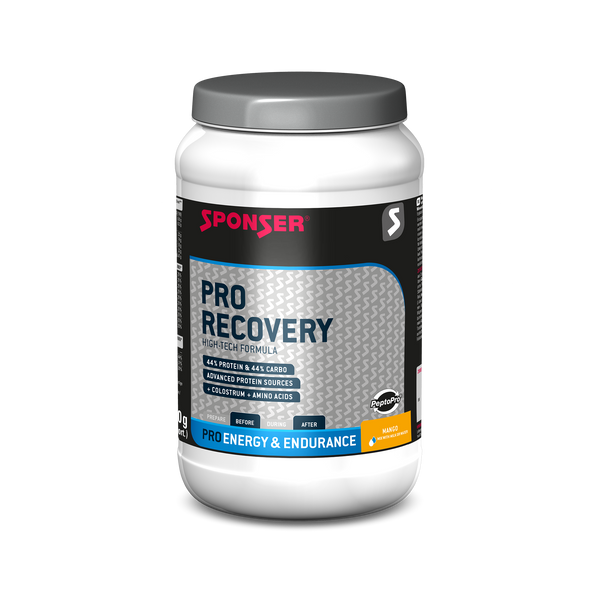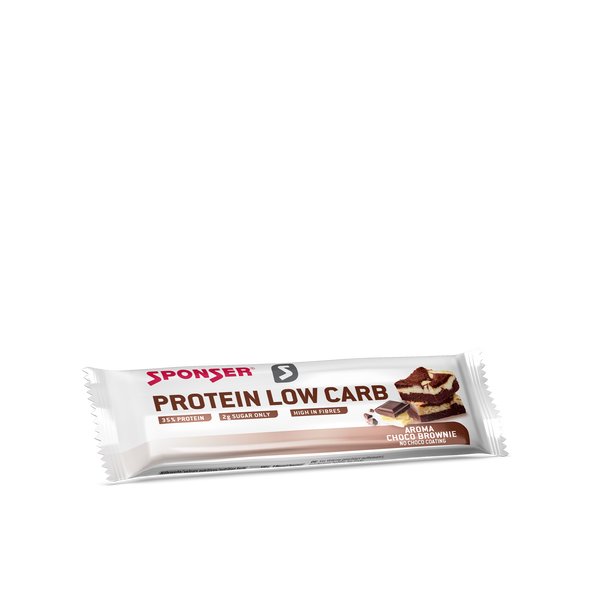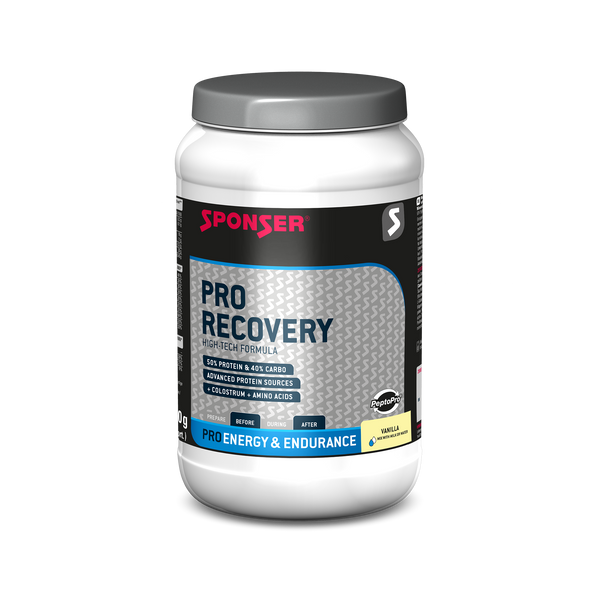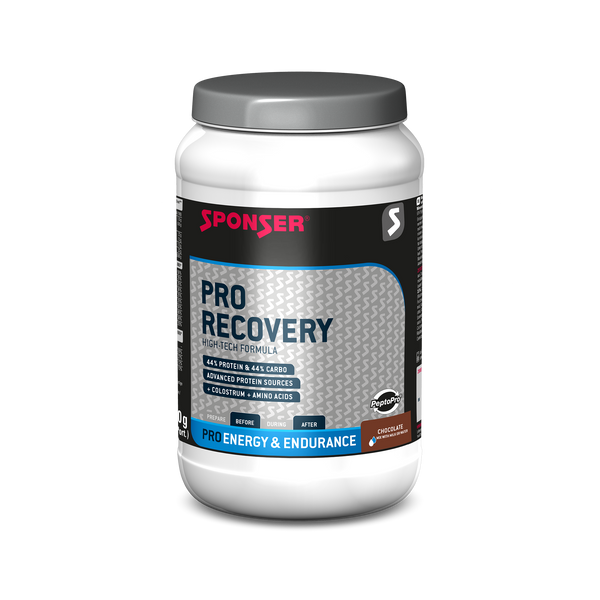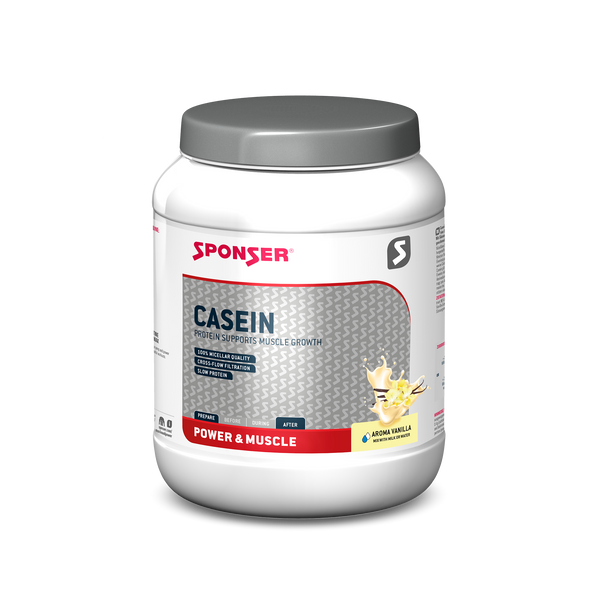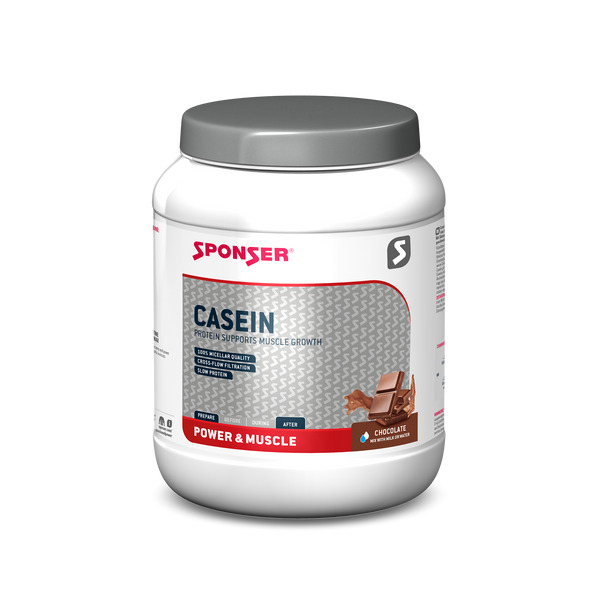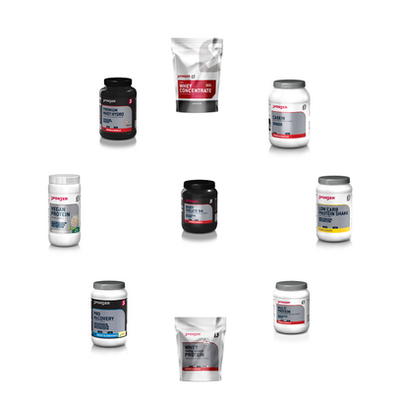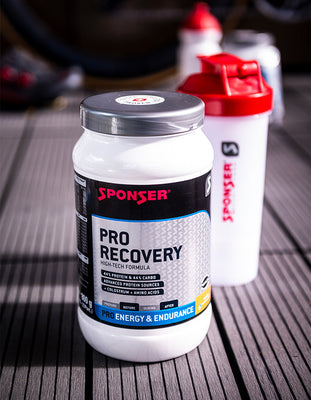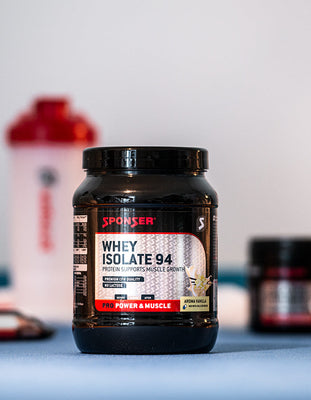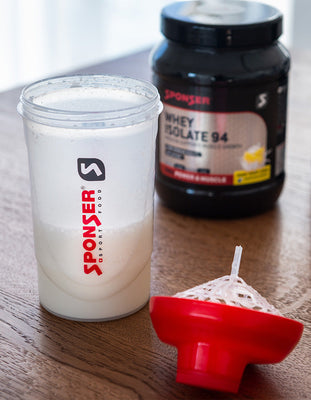
Photo credit: Verena Illmer
The 4 most important functions of protein in endurance sports
Protein fulfils many important functions in your body. For endurance athletes, regeneration, build-up and maintenance of muscle mass, weight control and immune defence are the main concerns.
Regeneration
You need the relevant building materials for regeneration and repair of your stressed muscles. For optimal recovery, you should take 20-30 g of quickly available, high-quality protein as soon as possible after exercise. Whey protein is ideal, e.g. WHEY PROTEIN or a recovery shake such as PRO RECOVERY.
Since your metabolism is running at full speed even hours after intensive training and competitions, you should make sure to repeat your protein intake every 3-4 hours. Suitable sources are basic proteins made from multi-component blends such as MULTI PROTEIN or WHEY CONCENTRATE as well as solid foods and protein bars, such as PROTEIN LOW CARB BAR or PROTEIN 36 BAR.
Sleep is the most important phase of regeneration. In order to shorten the catabolic phase, it is advisable to keep the amino acid influx running as long as possible during the several hours of rest at night. Multi-component proteins such as MULTI PROTEIN and CASEIN, known as «night protein», constitute ideal protein sources, grace to their slow and steady digestion.
Strength and muscle building
For your strength and muscle build-up, the same principles apply as for regeneration, but ideally with slightly higher total protein amounts. Notably, it is also important to maintain a positive net calorie balance. This means that more energy must be ingested throughout the day than burned.
Weight control
In order to achieve weight loss you need a negative energy balance. This means you have to spend more energy than you consume. A regular and increased protein supply also plays a decisive role during such a weight loss regime. On one hand, proteins have a greater effect on satiety than carbohydrates. Furthermore, protein also needs more energy for its digestion by the body, which means less calories consumed net. Proteins are also important during a diet because they reduce the degradation (catabolism) and help to preserve muscle mass and vital structures.
Immune defence
Protein is the main building material and energy supplier of the immune system. Therefore, your protein requirement rises sharply in the event of an infection! In order to stop the spread of viral or bacterial pathogens, a great number of defence cells and immune factors must be produced quickly.
Related articles
see » 9 protein powders in comparison
on » protein
on » recovery
on » strength
goal » muscle & strength
shop » power & muscle
Author: Remo Jutzeler
Head R&D SPONSER SPORT FOOD
Ing. Applied Food Sciences UAS
MAS Nutrition & Health ETHZ














